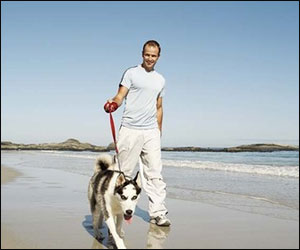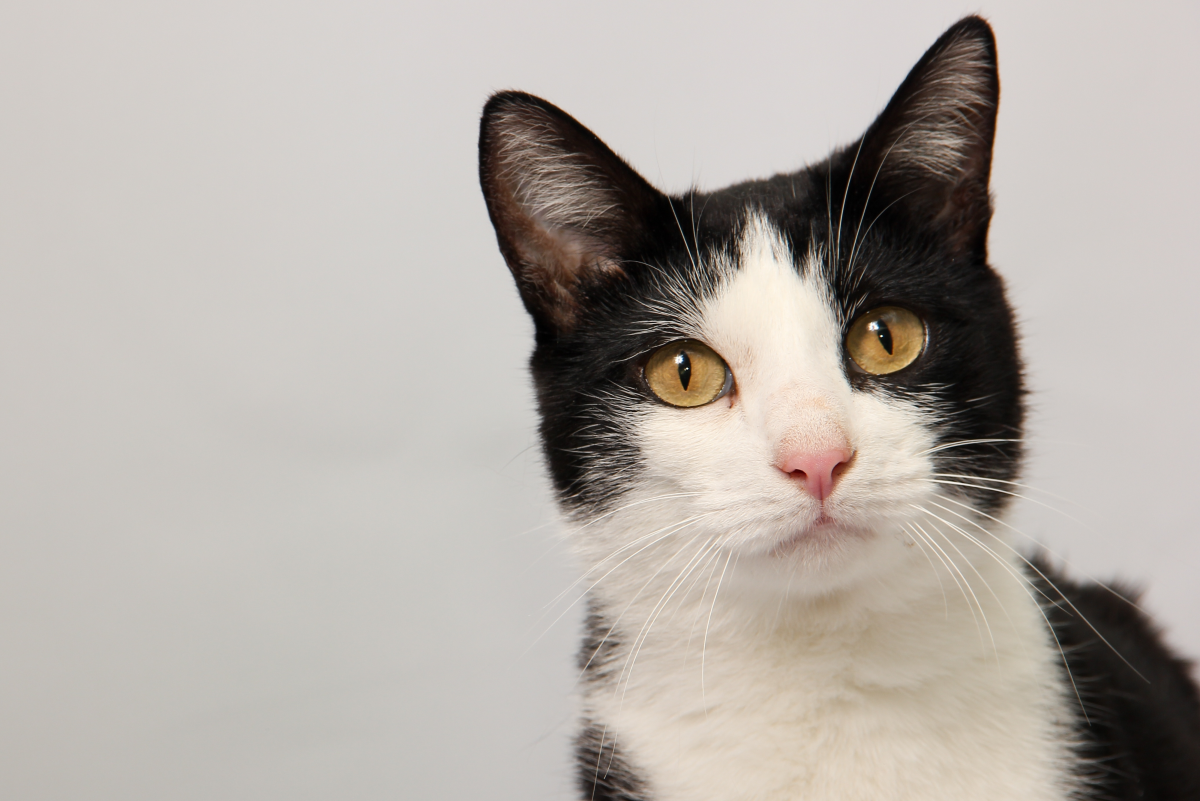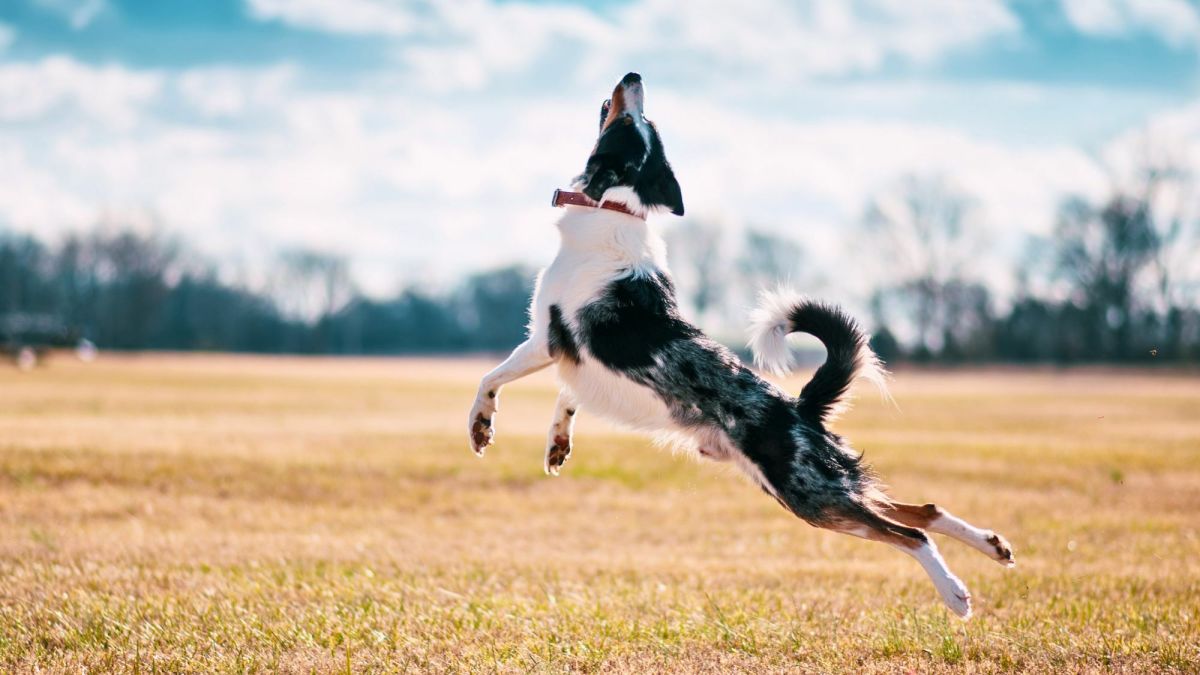When the time changes
Change is hard
Even a small change is hard - for everyone.
Last Monday, I was blogging away when I had an accident. I spilled coffee on my laptop's keyboard. Within an hour, this made my keys behave as if they were possessed. One or two wouldn't work at all; another acted like I was holding it down. So, I had to call the repair shop, and they took it, and told me that it would be several days before I would get it back.
I was lost without it. My laptop is my only computer, and I use it in only one spot. My husband has a computer which he uses in another fixed spot. Those are "our seats." Gallantly, he offered me the use of his computer while he resorted to pulling out his tablet. While I was grateful (and still am) that he made the offer, I have still felt out of place, out of sorts, and nearly out of my mind. Today I found out that there is a part that was warped and that needs replacing ... and that it will take a week for it to come in and have it installed.
Great. More waiting. More upheaval, more feeling like I'm living out of a virtual suitcase.
Change is hard, even if it's temporary. Most people I know hate it. And animals are the same way; they get used to a routine and ... well, it's stressful for them if it changes.
What time does your dog expect to go for his walk?

Making change easier for your pet
Pets do get stressed by change. Just because they can't speak doesn't mean they have no feelings or expectations.
Signs of stress in dogs:
- panting, especially if it's not hot outside
- "stress yawn" - the dog looks away and yawns wider than it normally would if it were tired
- pinning its ears back, particularly if it closes its mouth and lowers its head, looking up or away
- a lowered or tucked tail
- pacing, or shaking off for no apparent reason
- sweating: dogs sweat through their paw pads. The smell is rather unpleasant...
- licking its nose repeatedly
- whining more than usual
- avoiding eye contact and/or pulling away, avoiding its owner
- disinterest in food
Source: Stress signs in dogs
Signs of stress in cats:
- restlessness
- hiding under the bed
- increase in aggression when playing
- pulling at its fur / excessive grooming of one body part to the point of harming itself
- decrease in appetite
- sulking
- hunching down, spitting, growling at people it normally likes
Source: Signs of a Stressed Cat
You can't predict when something is going to happen. With that kind of change, you and your pet can go through the process of change together, learn to roll with the punches by spending a lot of time together, and help each other in the process.
But what if you know something is going to happen? What if there is something planned, a change that you understand but which your pet doesn't? Like - the change from daylight savings time? There are ways to ease that transition, and minimize Fi-fi's frustration - and yours. Imagine not being awakened on the day after the clocks go back ... at 6:30 a.m. ... by your dog who is ready for his 7:30 a.m. walk.
Fool the internal clock
Just like humans, animals have an internal clock. Called the circadian rhythm, it dictates when they awaken, what time they want to "go" - or to eat. However, you can fool that clock if you start a couple of weeks in advance.
Dogs are particularly vulnerable to changes in routine, which is why a gradual change is better. It takes patience, though.
Gradually delay the bedtime by about ten minutes at a time, every two days. Correspondingly, delay your pet's breakfast time, if you can, even if it means changing your routine for a little while. That way, when the time change happens, your dog will want his 7:30 walk at 7:30.
And you'll get your extra hour of sleep.






